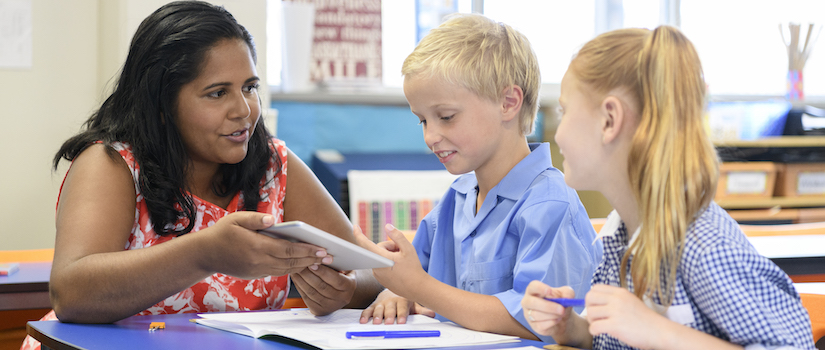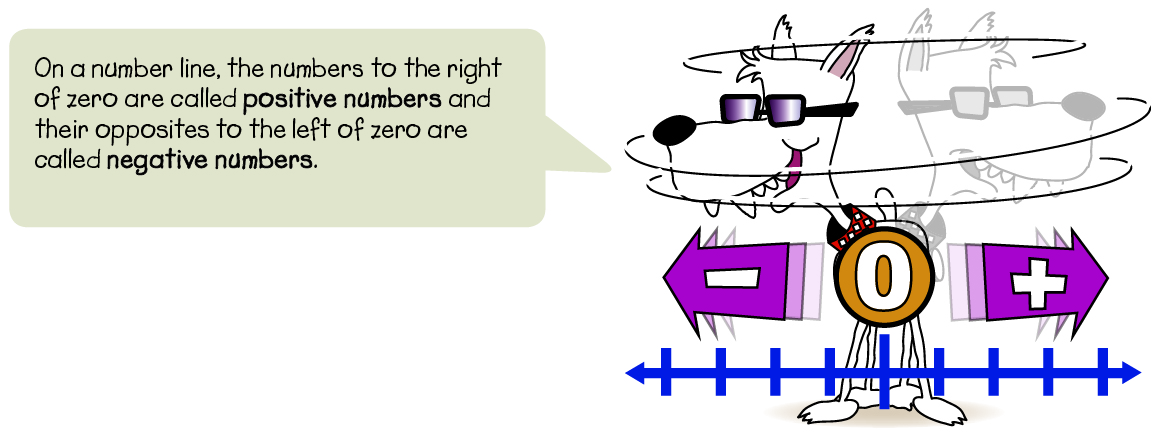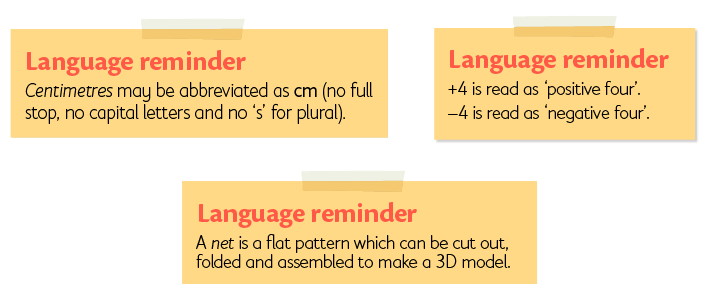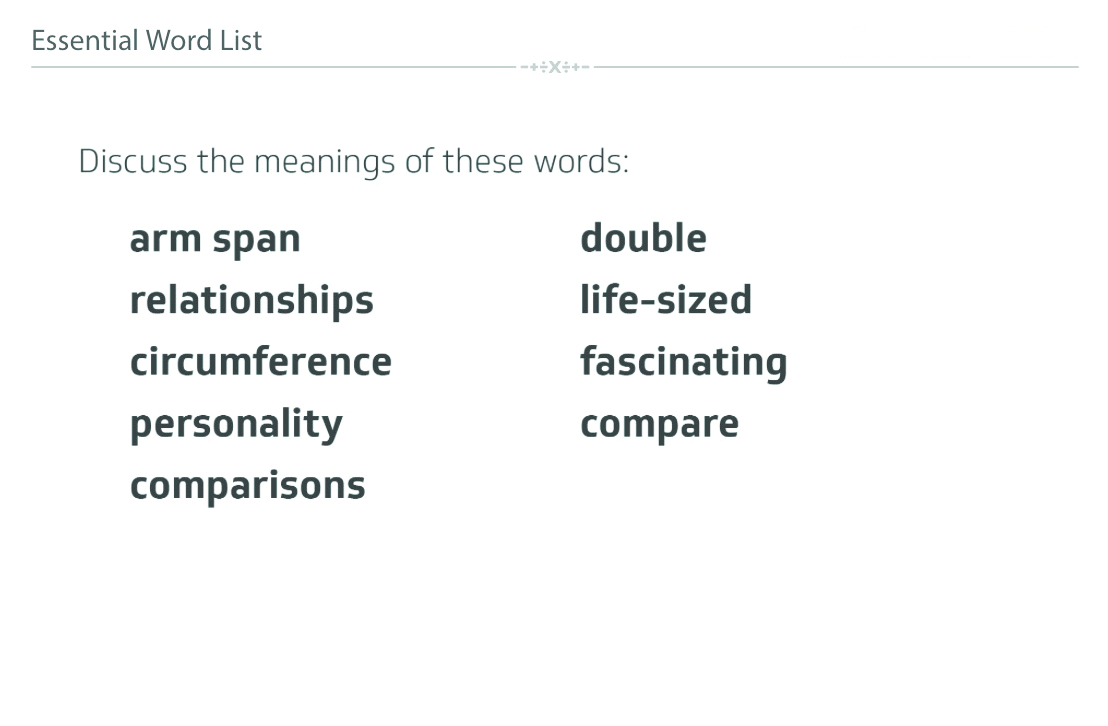Articles & Videos
The importance of mathematical literacy
Categories
Subscribe to our newsletters
Receive teaching resources and tips, exclusive special offers, useful product information and more!
The importance of mathematical literacy
iMaths 20/5/19

Note: iMaths is in its final year and will be discontinued at the end of 2024. If you’re looking for a primary maths resource written for the Australian Curriculum Version 9.0, explore Maths Trek.
Imagine trying to follow a recipe when you don’t know the meaning of the verbs bake, sauté or whisk, nor the component parts such as eggs, flour or butter.
Students can face this same problem in maths if they are not explicitly taught the cognitive verbs (e.g. describe, identify, interpret) and key terms (e.g. perimeter, denominator, variable) needed to understand, communicate and explore mathematical concepts.
Discover how you can get your students cooking with maths by drawing out the mathematical literacy opportunities in iMaths:
1. Start with Topics
Teach the Topic
Use the ‘Teach the Topic’ slideshows at iMaths Online to help explain any key maths terms introduced in Topics. Students can also refer to these friendly explanations in their Student Book. For example, Year 6 Topic NA11 includes the meaning of positive and negative numbers.

Language Reminders
Also found in the the Teach the Topic slideshows and Student Books are Language Reminders.
These helpful prompts are scattered throughout the Topics to remind students of:
- the meaning of previously introduced terms,
- how to say terms, and
- how to write or abbreviate terms.

2. Continue with Investigations
Essential Word Lists
Every Investigation has an Essential Word List, which includes the maths terms, cognitive verbs and even tricky non-mathematical words students will encounter while working on the Investigation. Discuss these words as a whole class before students commence an Investigation. Find the Essential Word Lists in the Student Book, Teacher Book and at iMaths Online (as a projectable slideshow).

Communicating and Reflecting
In the final step of an Investigation, students need to articulate their findings – a process that relies heavily on literacy and communication skills. This is a perfect time to revise any cognitive verbs used in the instructions to ensure students understand how to communicate their findings.
Use the Communicating and Reflecting questions in your Teacher Book or at iMaths Online to assist students with communication in this step. These questions are scaffolded to ensure students provide comprehensive answers that demonstrate their understanding of maths concepts. They also include mathematical language students can model in their responses.
Take advantage of these built-in mathematical literacy opportunities in your upcoming iMaths lesson, but don’t forget to keep an eye out for the other opportunities that pop-up organically. By taking the time to integrate mathematical literacy, you will empower your students to speak, write and think mathematically.